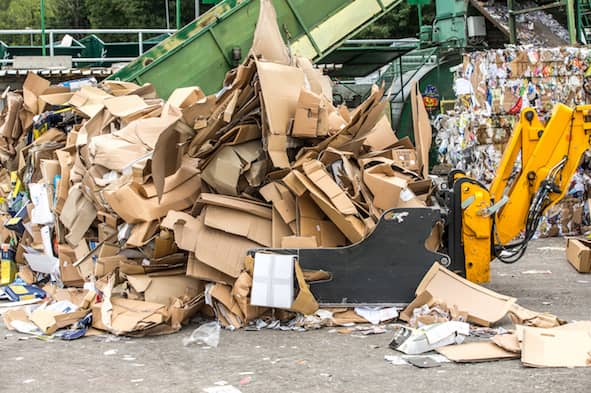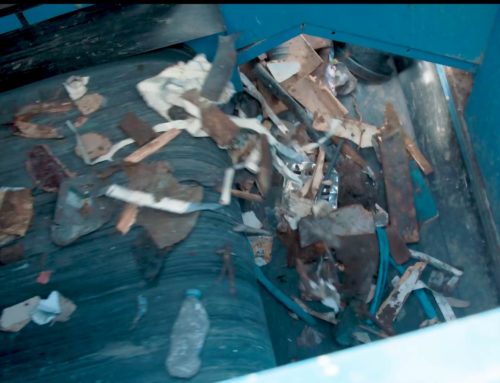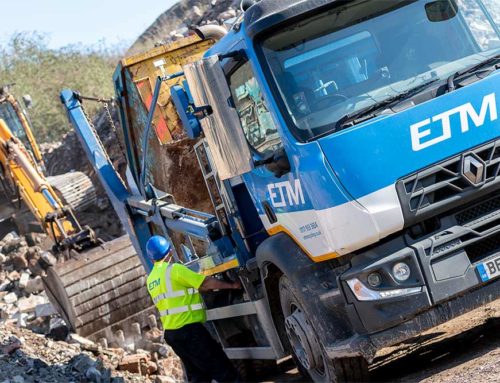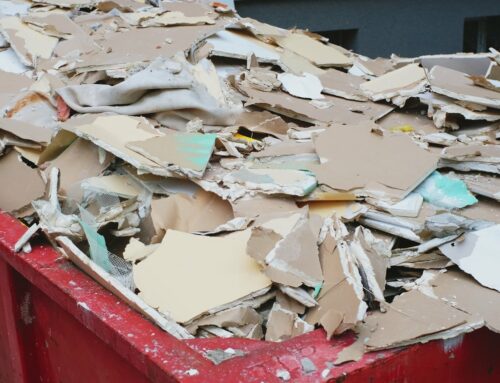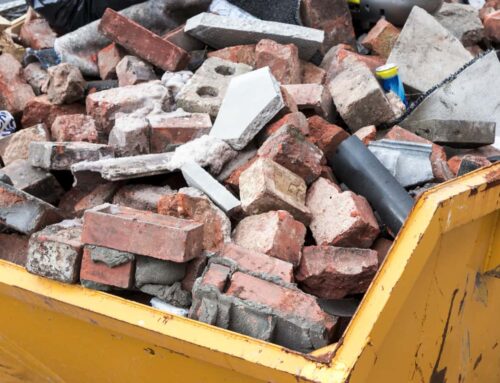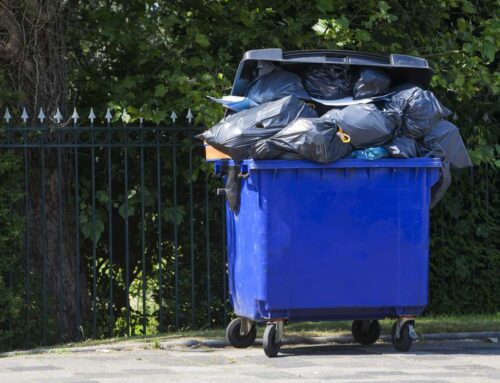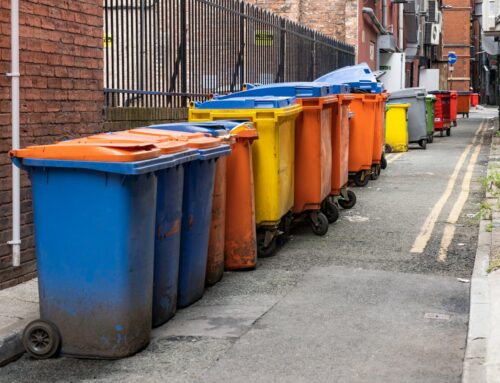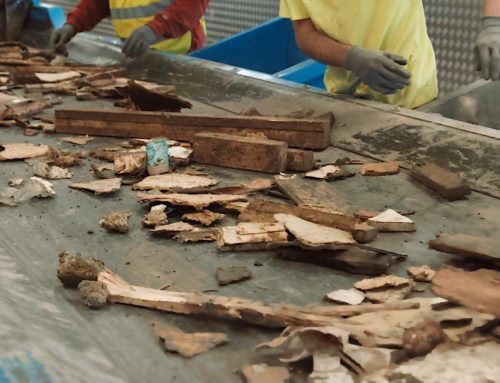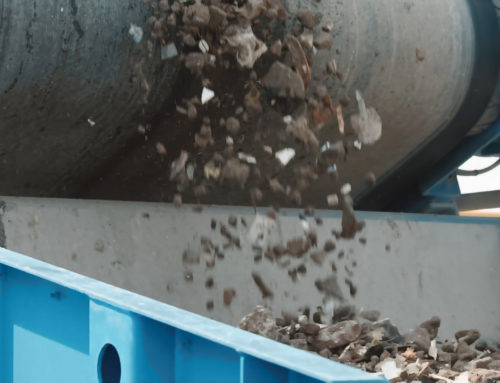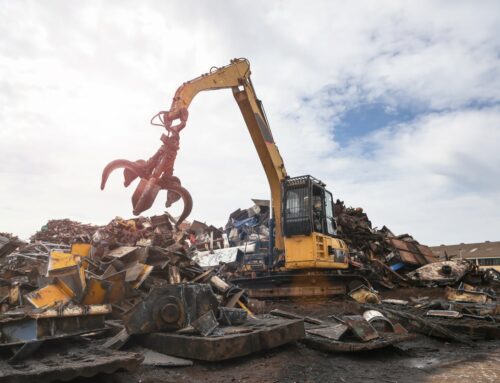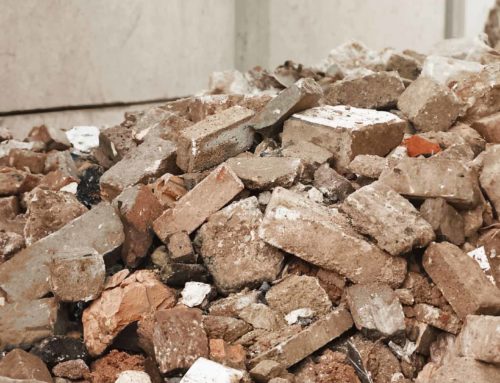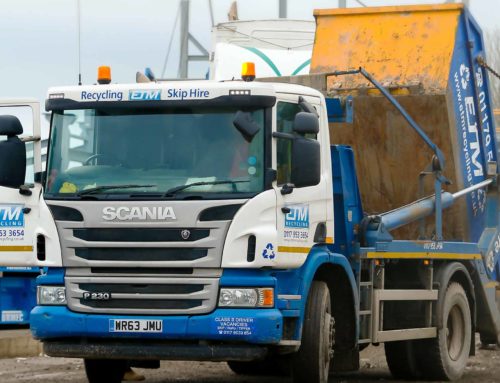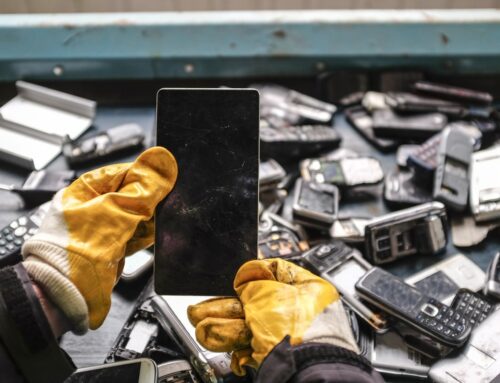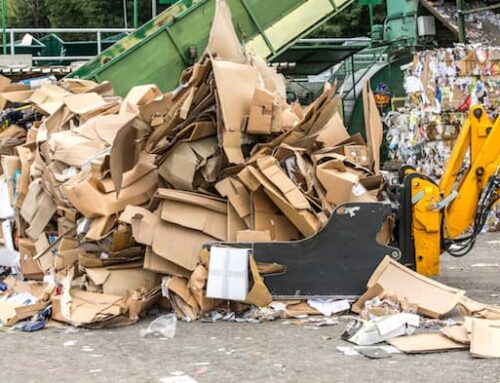The state of the environment has made responsible waste management an ethical imperative for all sorts of organisations, but it also makes good business sense. In fact, a study found that companies who excel with their environmental, social, and governance practices, outperform non-sustainable companies by 8%. But why is waste reduction in particular so beneficial, and which areas should your business target first?
ETM Recycling is a leading provider of domestic and trade waste management, recycling and skip hire services. We operate the largest fleet of waste management vehicles in the region, collecting and processing huge quantities of materials at our state-of-the-art waste transfer centre.
In this blog, we provide 7 great ways to reduce your business’ waste production and outline some top benefits.
Benefits of Reducing Business Waste
Before we give you our top tips for business waste reduction, let’s explore the benefits in more detail.
Better for the Environment
Of course, the principal benefit is that your business will be minimising its impact on the environment. This will limit your contribution to landfill greenhouse gas emissions, and your business’ carbon footprint. By avoiding single-use materials, you’ll also be playing a part in preserving resources for future generations – and that’s something to feel good about.
Save Money
A reduced waste output will save your business money in various ways. Not only will you have lower landfill tax and waste disposal costs to pay, but better resource efficiency will mean your operations and processes are more cost-effective. In fact, WRAP estimates that systematic action could save businesses between £400 and £1000 per year for every employee.
New Revenue Streams
Cunning business owners can tap into additional revenue streams through diverting their waste from landfill. Materials like topsoil, aggregates and scrap metal can all be recycled and resold, preserving valuable resources. At our waste transfer station, we offer strong rebates to our customers for their scrap metal, simplifying the process and cutting out scrap metal merchants.
Employee Pride
Employees are likely to experience a real morale boost if you work together towards your sustainability goals, united in a common purpose. Many people will be proud to work for a conscious, environmentally friendly business, and feel greater company loyalty. More than that, according to WRAP, poor waste management could be responsible for as much as 4% of employee turnover.
Competitive Advantage
Reducing your waste output will boost your eco-credentials, improving your business’ reputation amongst your customers, suppliers, and potential employees. As a result, you’ll have a competitive edge over your rivals, and see increased levels of brand loyalty.
Safeguards Compliance
Businesses have a legal duty of care to reduce their waste output where possible and manage responsibly any that is unavoidable. Through taking steps to limit your waste production, you’ll be safeguarding your compliance and ensuring you meet your obligations.
See more: Waste Management Regulations >
7 Tips for Reducing Business Waste
Carry Out Waste Audit
Before you start making any significant changes, it’s important to understand what your business’ waste production looks like today. Identify what different kinds of waste you regularly produce and measure the volume over a given time period. Speak to employees, look at how raw materials and resources are being used, and assess how your recycling and waste management processes currently work. With these insights at your fingertips, you’ll be better able to make informed decisions about areas to focus on, and it will be much easier to track progress.
Avoid Single-Use
In 2050, there could be more plastic in the ocean than fish. That’s why it’s crucial businesses minimise their reliance on single-use plastic and other throwaway materials. If you don’t offer free refills of water in your workplace, now is the time to start. Provide glasses or even reusable company water bottles, and encourage employees to put their lunch in reusable containers if they can. Other ways to reduce single-use could be to invest in reusable dishware and cutlery, only buy plastic-free teabags for the workplace, and cut out usage of products like clingfilm.
Go Paperless
Paper can be a significant business waste stream – particularly in offices. Take control of your workplace’s printing and paper consumption habits, and you’ll quickly see a significant reduction in waste.
Only buy recycled paper and reuse things like envelopes where possible. Also introduce a companywide paperless policy. Send electronic memos, collaborate via the cloud, use online invoices, and sign documents virtually. Finally, discourage employees from printing things out, but if it is absolutely necessary, get them to print on both sides of the paper.
You could even consider adding a note to your email signature reminding people to consider the environment before printing. Not only will you save on printer ink costs, but you’ll dramatically cut down on paper usage.
Manage Inventory Better
Improving your inventory management is a great way to reduce waste. With a thorough understanding of how quickly supplies are used and what’s in stock, you’ll be less likely to overorder materials, and will have better control over your processes. For manufacturers, construction businesses, and food producers, inventory management is especially crucial, but all sectors will benefit from improving their inventory procedures.
Assess Packaging Use
Take stock of how packaging is used across your organisation. It’s likely there is more in circulation than is strictly necessary, whether that’s as a result of your own product packaging, or supplies and products you buy in.
If you manufacture and sell products, overhaul your packaging design to try and decrease the amount you use. If possible, make the materials biodegradable, or easy to use again.
When it comes to purchasing, try and order materials in a concentrated form or in bulk as this will mean less packaging is needed. Any unavoidable packaging might be easily reused around the workplace – cardboard boxes, for instance, make great office storage solutions.
You could also work with your suppliers to create a low packaging agreement between your businesses. For example, they could provide your supplies in containers that you return to be refilled.
Establish Recycling Scheme
If your business isn’t already recycling, now is the time to start. Many different types of waste can be easily diverted from landfill and recycled, including plastic, metal, cardboard, and wood. Make your recycling scheme an integral part of your business operations and provide clear colour-coded bins and posters so everyone knows what they need to do. Removing personal bins under desks or in offices can also be a great way to cut down general waste, as it will force employees to take their rubbish to the recycling one instead.
Engage Employees
The key to successful waste reduction is getting the whole company on board. To change behaviour across the business, employees need to be motivated and informed. So spread the word, explain why it’s so important to operate responsibly, and how better waste management will benefit the whole business. Encourage them to get involved and share their own ideas – you could even elect a waste committee to take charge of companywide outreach.
Leading Waste Management Provider in the UK
ETM Recycling deliver a range of services to clients in the South West, including road sweeper hire, tipping, and recycling. Businesses in all sectors trust us to deal with their waste effectively and sustainably, helping them minimise their impact on the planet.
Get in touch to talk through your requirements, or book a skip!
Read more: What is the Waste Hierarchy? Waste Hierarchy Explained
Read more: What Are the Benefits of Outsourcing Your Waste Management?
